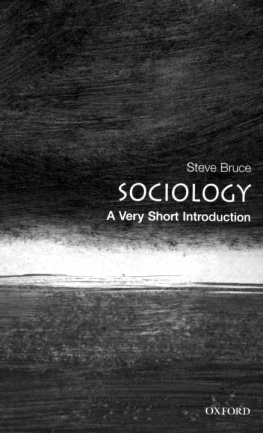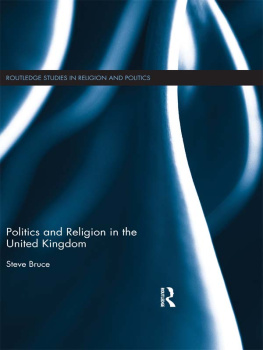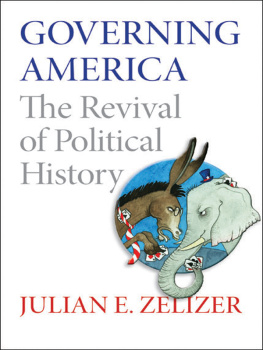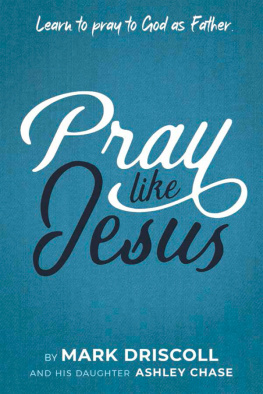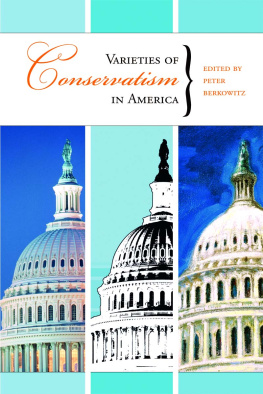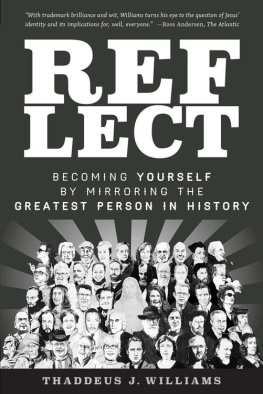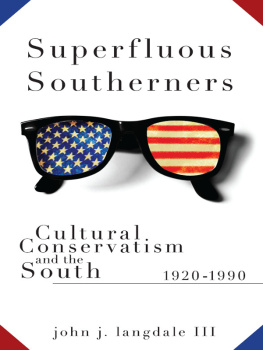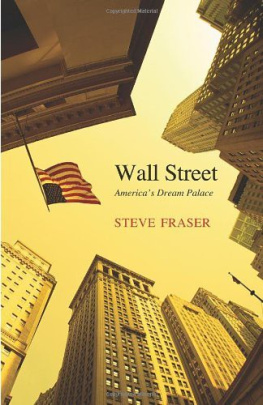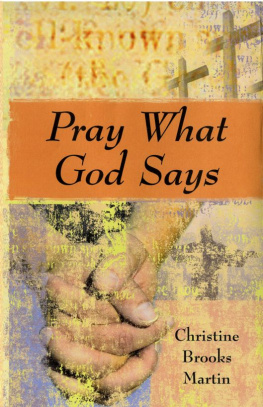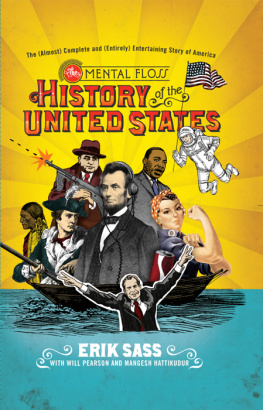ROUTLEDGE LIBRARY EDITIONS: SOCIOLOGY OF RELIGION
Volume 7
PRAY TV
PRAY TV
Televangelism in America
STEVE BRUCE
First published in 1990 by Routledge
This edition first published in 2019
by Routledge
2 Park Square, Milton Park, Abingdon, Oxon OX14 4RN
and by Routledge
52 Vanderbilt Avenue, New York, NY 10017
Routledge is an imprint of the Taylor & Francis Group, an informa business
1990 Steve Bruce
All rights reserved. No part of this book may be reprinted or reproduced or utilised in any form or by any electronic, mechanical, or other means, now known or hereafter invented, including photocopying and recording, or in any information storage or retrieval system, without permission in writing from the publishers.
Trademark notice: Product or corporate names may be trademarks or registered trademarks, and are used only for identification and explanation without intent to infringe.
British Library Cataloguing in Publication Data
A catalogue record for this book is available from the British Library
ISBN: 978-0-367-02386-7 (Set)
ISBN: 978-0-429-02545-7 (Set) (ebk)
ISBN: 978-0-367-02565-6 (Volume 7) (hbk)
ISBN: 978-0-367-02571-7 (Volume 7) (pbk)
ISBN: 978-0-429-39896-4 (Volume 7) (ebk)
Publishers Note
The publisher has gone to great lengths to ensure the quality of this reprint but points out that some imperfections in the original copies may be apparent.
Disclaimer
The publisher has made every effort to trace copyright holders and would welcome correspondence from those they have been unable to trace.
PRAY TV
TELEVANGELISM IN AMERICA
STEVE BRUCE
First published 1990
by Routledge
11 New Fetter Lane, London EC4P 4EE
Simultaneously published in the USA and Canada by Routledge
a division of Routledge, Chapman and Hall, Inc.
29 West 35th Street, New York, NY10001
1990 Steve Bruce
Typeset by Laser Script Limited, Mitcham, Surrey Printed and bound in Great Britain by Mackays of Chatham PLC , Chatham, Kent
All rights reserved. No part of this book may be reprinted or reproduced or utilized in any form or by any electronic, mechanical, or other means, now known or hereafter invented, including photocopying and recording, or in any information storage or retrieval system, without permission in writing from the publishers.
British Library Cataloguing in Publication Data
Bruce, Steve
Pray TV: televangelism in America.
1. United States. Christian church.
Evangelism. Christian evangelism. Role in television
I. Title
306.6
Library of Congress Cataloging in Publication Data also available
ISBN 0-415-03097-8
0-415-03098-6 (pbk)
For David Martin on his retirement
This book was suggested to me by Chris Rojek of Routledge who felt that there was a need for a serious study of American religious broadcasting, especially one written with a European readership in mind. I was happy to accept the challenge because I had just finished The Rise and Fall of the New Christian Right, a study which concentrated on the recent political mobilizations of American conservative Protestants. In order to keep that study narrowly focused on the new Christian right as a socio-political movement, I had either to pass over or deal very briefly with a number of intriguing questions about American religious broadcasting and its audience. A chance to address those questions directly was welcome. I was also pleased to once again challenge what I regard as the hysterical exaggerations of the power of the new Christian right, this time armed with the evidence provided by Pat Robertsons failed campaign for the Republican partys presidential nomination.
It is worth saying a brief word about methodology. Most of my claim to understand the things I write about rests, not so much on the cited sources of quantitative research data (although such material has been influential), but on my direct involvement with the producers and consumers of televangelism. To be technical about it, I am an interpretative social scientist. While I do not entirely reject surveys and statistics, I do believe that the claim to be scientific must rest, not on apeing the quantitative methods of the natural sciences (although such methods have their place), but on being able to support ones arguments with sound reasoning from good evidence. That we are concerned with the beliefs and actions of people rather than with the regularities of chemical reactions means that our evidence consists largely of the accounts which are given by the people we strive to understand. I have not quoted from my original interview material or from the many notes on my observations because such material would not be available for critical examination by people who doubted my conclusions. That any reasonable person looking at and hearing the same things would have come to the same conclusion is something which the reader has to take on trust; the occasional illustrative quotation from any interview would not change that fact. But by way of presenting my credentials, I would like to stress the extent to which my work has been informed by considerable first-hand experience of American conservative Protestantism. Many hours have been passed in church services and crusade rallies in Fort Worth, Charlottesville, Washington, Greenville, Lynchburg, and Cincinnati. More time has been spent on a motel room bed staring at Oral, Pat, Jerry, and their many less well-known minor league colleagues on a television screen. Casual conversations with strangers in the cafes and bars of small southern towns always produced interesting glimpses of what members of the public thought of televangelists, and the dreariness of weeks away from home was lifted on a number of occasions by the generous hospitality of fundamentalist and pentecostal families who invited me to abandon Ramada, Econo-Travel, and Howard Johnson for their spare rooms. Although there is little direct reference in the text to the mass of data one inadvertently acquires just by being there, that experience laid the foundation on which the study is built
Wherever possible I have avoided the technical language of sociology, not because I am ashamed of my discipline (far from it, I once tried to have sociologist listed on my passport as my occupation; the clerk said Yes, but what do you do for a living?), but because I find such technical language unnecessary. With little or no loss of sense, most sociological notions can be expressed in ordinary English. A more difficult matter is to estimate accurately the theological knowledge of the typical reader. Some of you may wonder why I am telling you what you already know and others may wish for more clarification. I can only ask that members of each group remember the existence of the others and bear with me.


